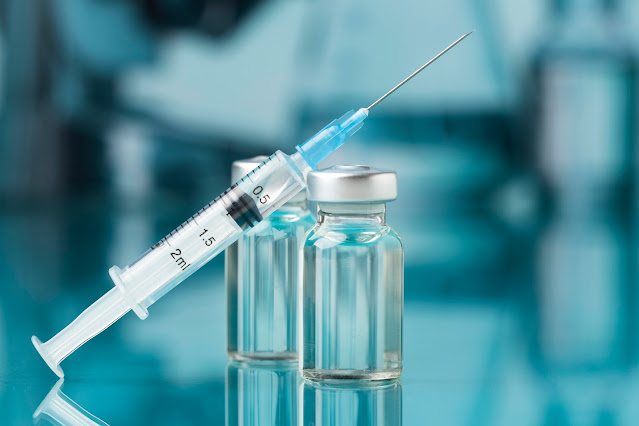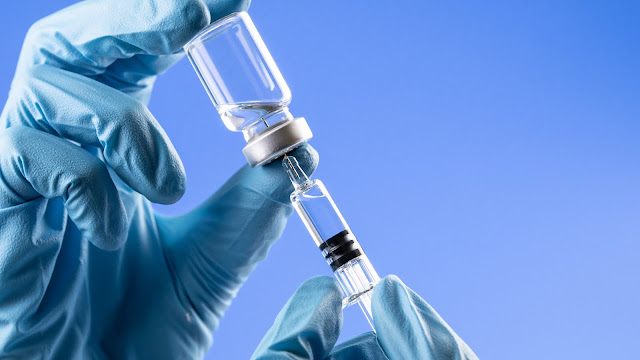How Benzyl Alcohol Protects Compounded Medications?
Precision, safety, and sterility are paramount when it comes to compounding medications. One essential ingredient that plays a pivotal role in maintaining the sterility of compounded drugs is benzyl alcohol bacteriostatic. In this blog, we'll delve into the everyday use of the solution in medication compounding and explore its vital role in ensuring the integrity and safety of these customized pharmaceuticals.
Understanding Compounded Medications
These customized medications may be required when commercially available medicines are unsuitable due to allergies, dosage requirements, or specific patient preferences.
Compounding involves combining, mixing, or altering medications to create tailored solutions, suspensions, creams, or other dosage forms. While compounding allows for individualized treatments, it also introduces potential risks related to sterility and stability.

Discuss its function -
It is a widely used preservative in compounded medications, especially in multi-dose vials. Its primary function is to inhibit the growth and proliferation of microorganisms, such as bacteria and fungi, within the medicine. This critical role in maintaining sterility and preventing contamination is why benzyl alcohol bacteriostatic is a staple in pharmaceutical compounding.
Key Functions:
Preservation: Benzyl alcohol acts as a preservative, prolonging the shelf life of compounded medications. This is particularly important for multi-dose vials, which are prone to bacterial contamination once opened.
Bacterial Inhibition: It inhibits the growth of bacteria, ensuring that the medication remains sterile throughout its use.
Enhanced Safety: By preventing microbial growth, benzyl alcohol bacteriostatic enhances the safety of compounded drugs, reducing the risk of infections or adverse reactions caused by contaminated products.
Improved Stability: Benzyl alcohol also contributes to the stability of the medication's components, helping to maintain the integrity of the compounded formulation.
Ensuring Safe Medication Compounding
While it plays a crucial role in safeguarding the sterility of compounded medications, it's essential to adhere to strict compounding standards and guidelines to ensure safety. Pharmacists and healthcare professionals must maintain sterile compounding environments, follow precise formulation procedures, and regularly monitor the integrity of compounded products.



Comments
Post a Comment